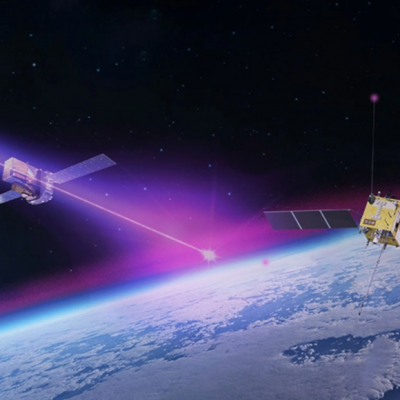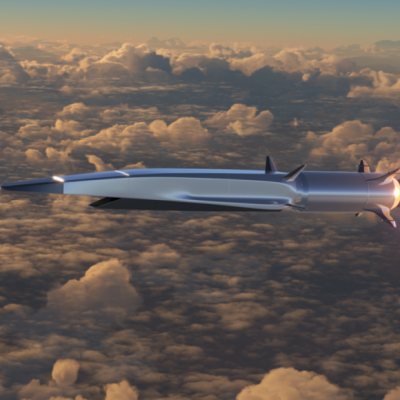NASA and Ohio State University have collaborated to develop a new alloy for aircraft and spacecraft components that is significantly more durable even at extreme temperatures. The team led by Dr. Tim Smith of Glenn Research Center has developed the GRX-810 alloy, which can be used to build stronger and more durable parts for aircraft and spacecraft. The researchers used time-saving computer models and laser-based 3D printing to develop the new alloy. The GRX-810 alloy is an oxid-dispersionsverstärkte alloy, which means that tiny particles containing oxygen atoms are distributed throughout the entire alloy structure, increasing its strength.
This type of alloy is ideal for use in the aerospace industry, particularly in high-temperature applications such as aircraft and rocket engines, as it can withstand extreme conditions before reaching its breaking point. Current top alloys made using 3D printing can withstand temperatures of up to 1,100 degrees Celsius. In comparison, GRX-810 is twice as durable, over 1,000 times more long-lasting, and twice as resistant to oxidation. According to Dale Hopkins, Deputy Project Manager of NASA’s Transformational Tools and Technologies, this is an important achievement. He believes that this new alloy could be one of the most successful technology patents ever produced by NASA.
The development of the GRX-810 alloy is a significant breakthrough in 3D-printable high-temperature materials. The new alloy has the potential to improve the strength and toughness of components and parts used in the aerospace industry. The use of computer models and laser-based 3D printing has made the development of this new alloy more efficient and cost-effective. The GRX-810 alloy is expected to have a significant impact on the aerospace industry, making aircraft and spacecraft components more durable and reliable. This new technology could also have applications in other industries that require high-temperature materials, such as the automotive and energy sectors.










